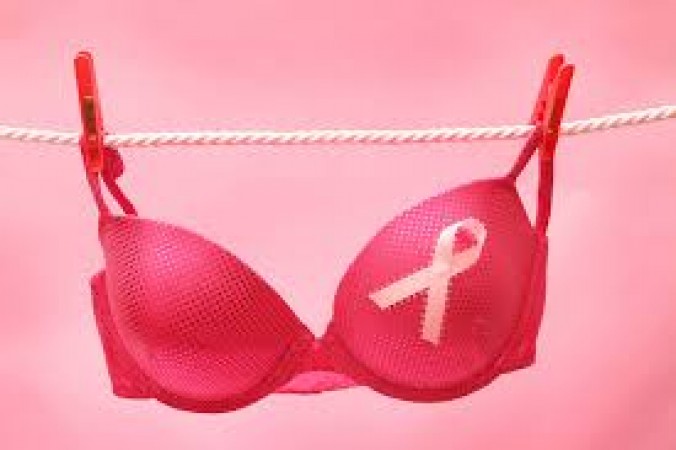
In recent years, concerns have surfaced regarding the potential link between wearing tight bras and an increased risk of breast cancer. However, experts and scientific research consistently refute this claim, emphasizing that there is no direct evidence supporting such a connection.
Breast cancer development is influenced by various factors:
A family history of breast cancer, especially with certain genetic mutations like BRCA1 and BRCA2, can increase the risk.
Exposure to estrogen over a lifetime, such as early menstruation or late menopause, can affect breast cancer risk.
Factors like diet, alcohol consumption, and physical activity levels play roles in breast cancer risk.
Exposure to radiation and certain chemicals may also contribute to increased risk.
Wearing bras that are too tight can cause discomfort, but this does not translate to an increased risk of cancer.
Properly fitted bras support healthy circulation and lymphatic drainage, which is beneficial for breast health.
Several studies have investigated the relationship between bra wearing habits, including tight bras, and breast cancer risk. The consensus remains that no causal link has been established.
Leading health organizations, such as the American Cancer Society, affirm that wearing a bra of any type, including tight bras, does not lead to breast cancer.
A properly fitting bra should provide support without causing discomfort or constriction.
Choosing bras made from breathable materials can enhance comfort and reduce potential skin irritation.
Some women find wireless bras or sports bras more comfortable while still providing adequate support.
Performing regular breast self-examinations helps in early detection of any changes or abnormalities.
Early detection through screenings like mammograms can significantly improve treatment outcomes.
Maintaining a healthy weight, exercising regularly, and avoiding smoking contribute to overall breast health.
While wearing a tight bra may cause discomfort, it does not increase the risk of breast cancer. Understanding the factors that do influence breast cancer risk and practicing good breast health habits are more crucial for overall well-being.
DES, Pune Teacher Recruitment 2024 – Walk-in for 137 Posts
ESIC Kolkata Professor, Assistant & Associate Professor Vacancy 2024 – Direct Walk-in for 73 Posts